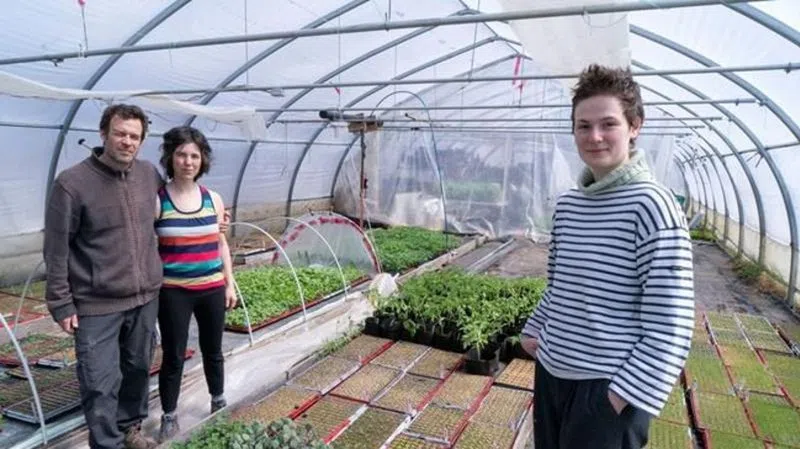
Quebecers answer call to work on farms, but are they up to the task?
MONTREAL — Melina Plante has found that, on her five-hectare fruit and vegetable farm south of Montreal by the U.S. border, one experienced Guatemalan farmhand can produce more than two Quebecers.
She and her husband, Francois D’Aoust, have hired the same four Guatemalan seasonal workers year after year. They typically clock up to 70 hours per week on the farm in Havelock, Que., and though the pay is relatively low, the workers value it.
But this year, Plante said, the farmhands are stuck in Guatemala due to travel restrictions their country has imposed to limit the spread of COVID-19.
They are among the roughly 5,000 seasonal and temporary workers that Quebec’s farmers’ union estimates will be missing on the province’s farms this year because of the pandemic, leaving Plante, D’Aoust and scores of other farmers with a tough choice: They can either reduce this year’s food production or take a chance on inexperienced but eager Quebecers thrown out of work by the pandemic.


